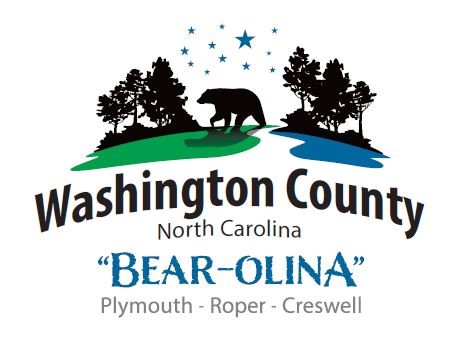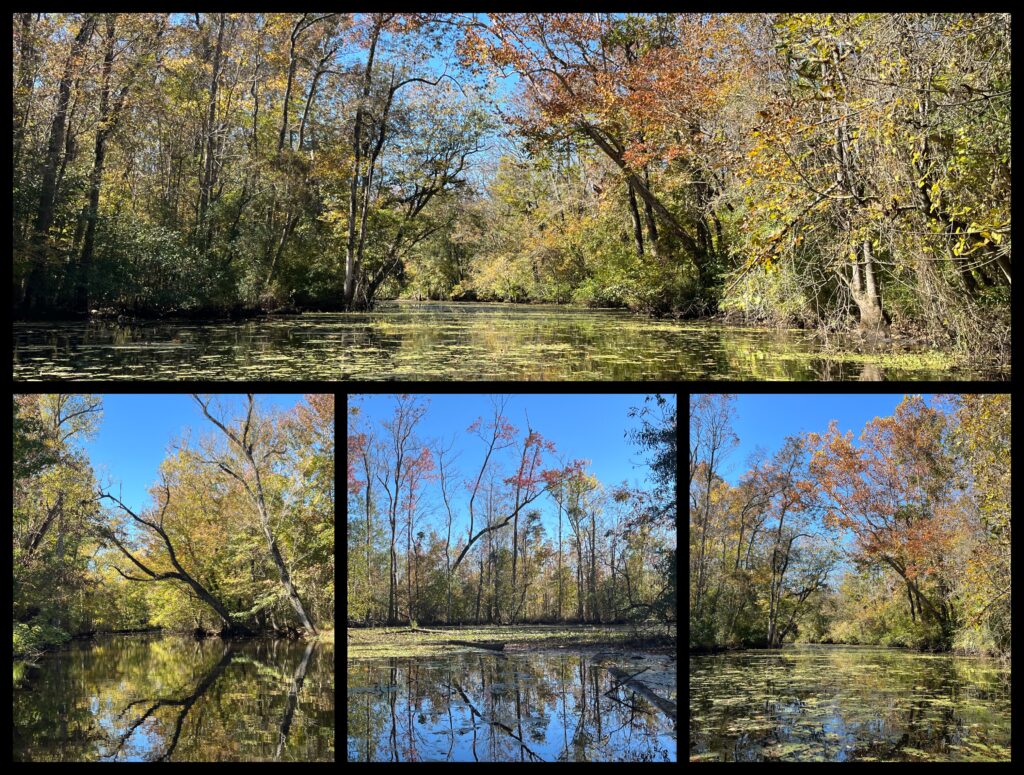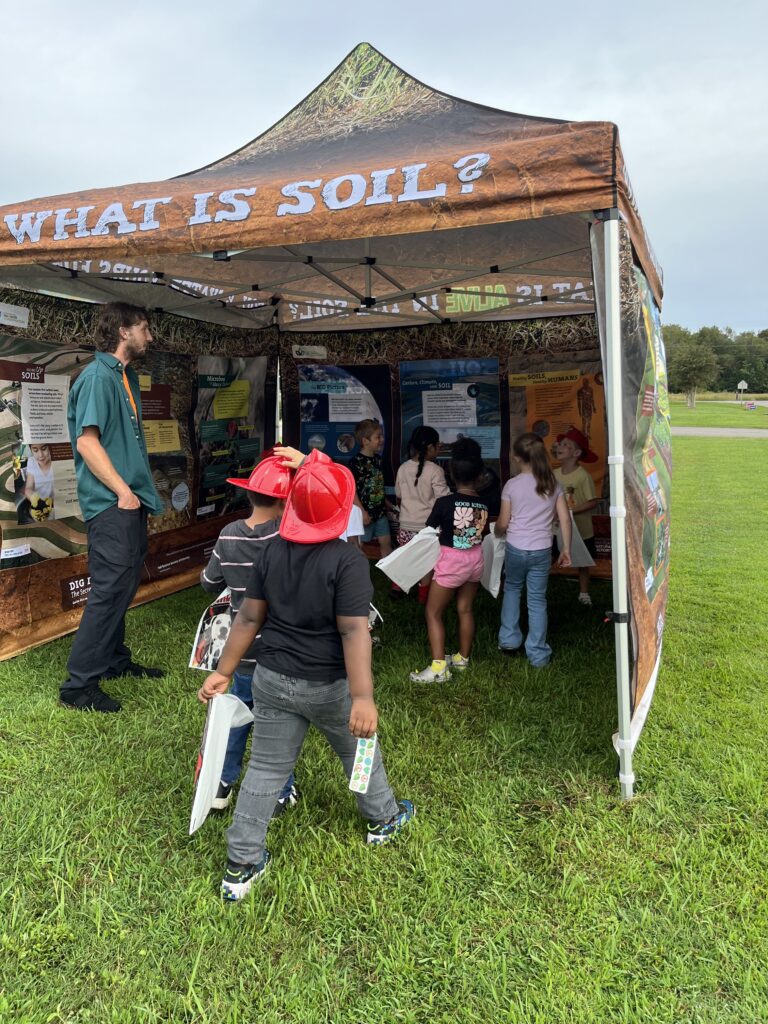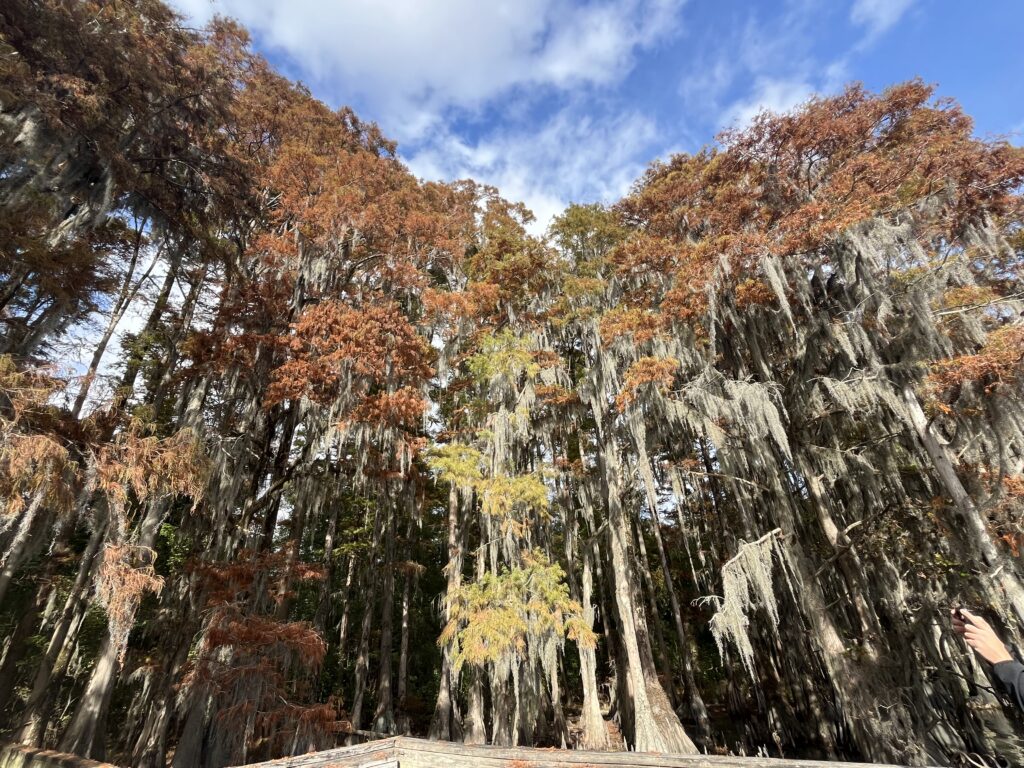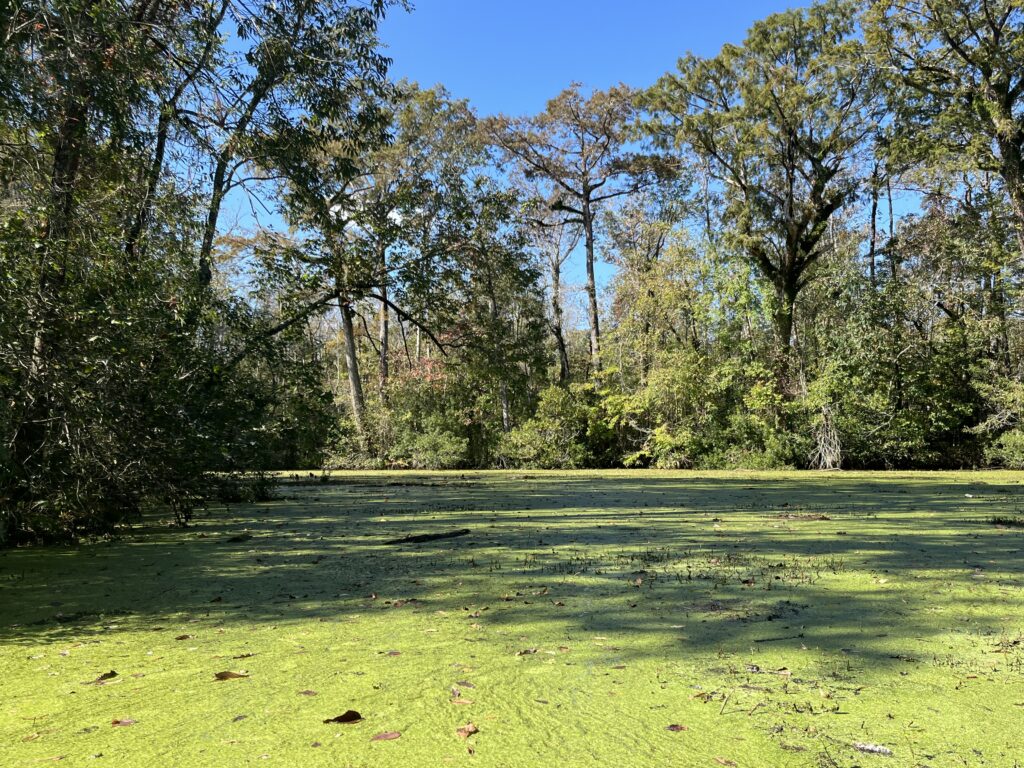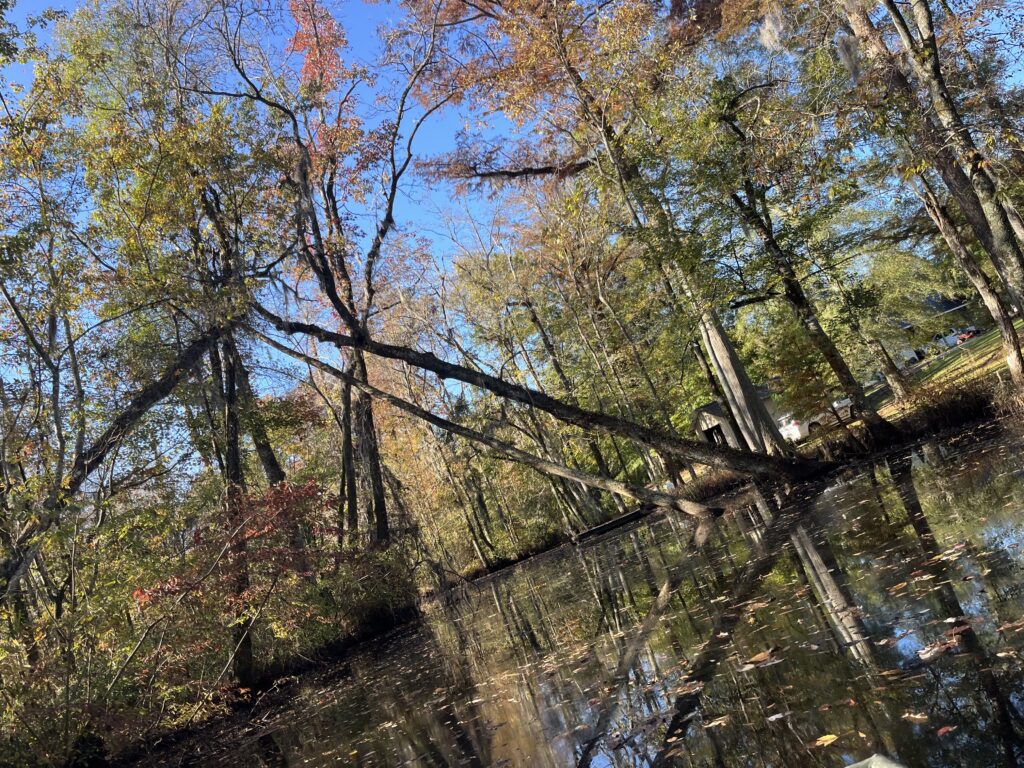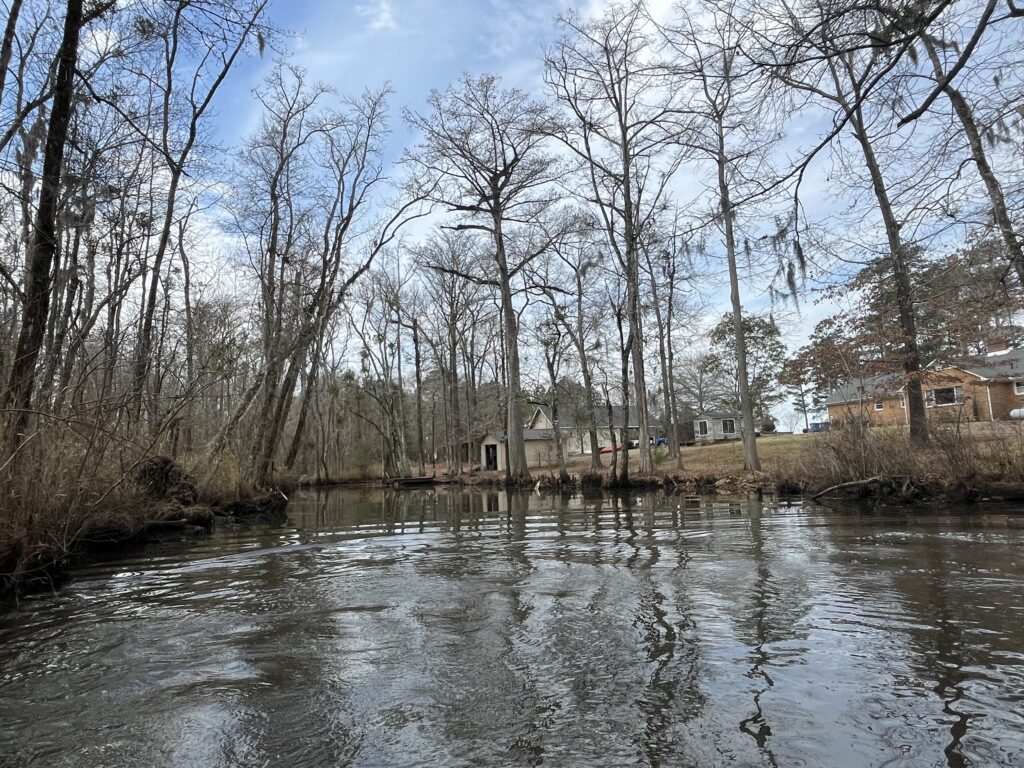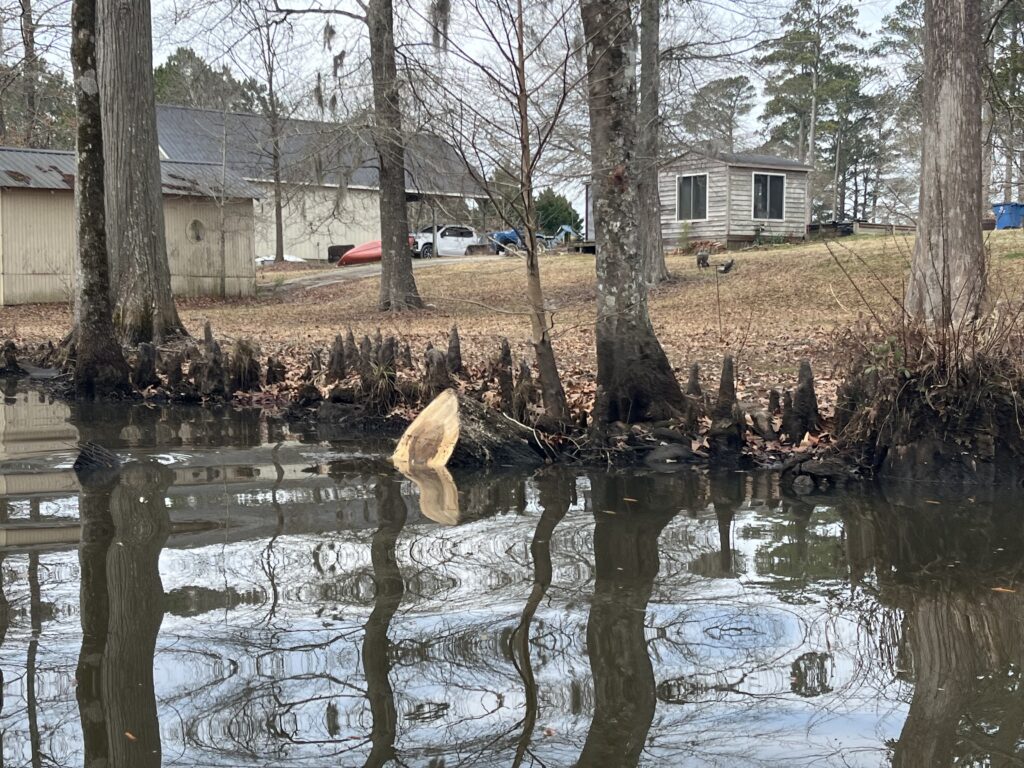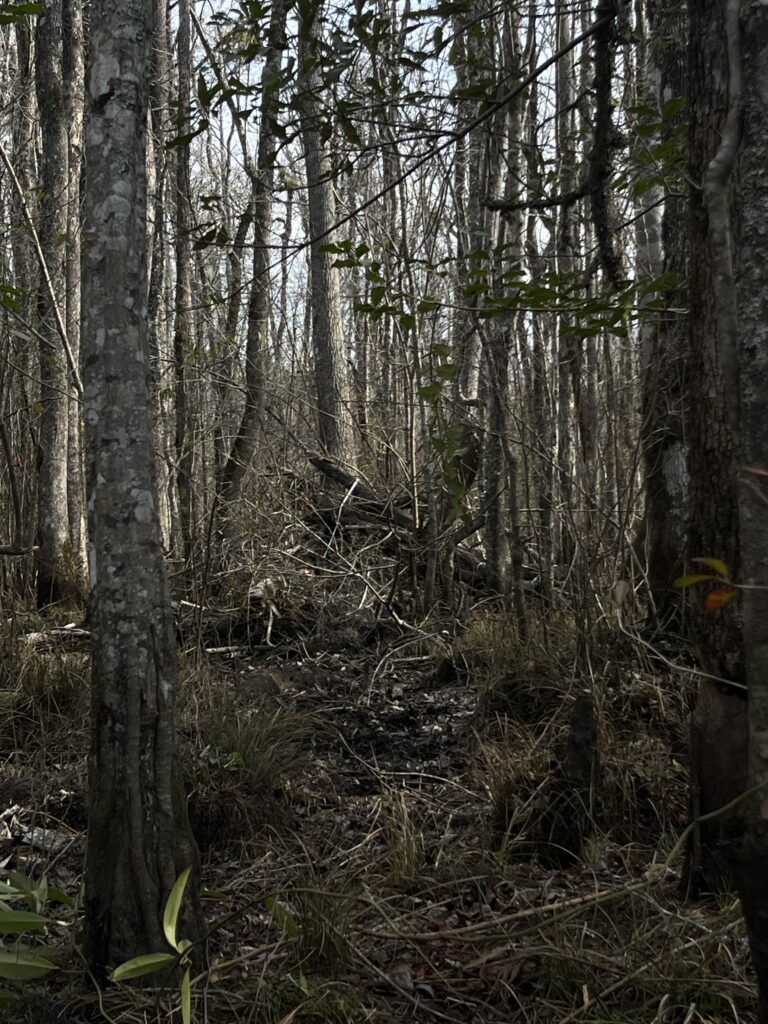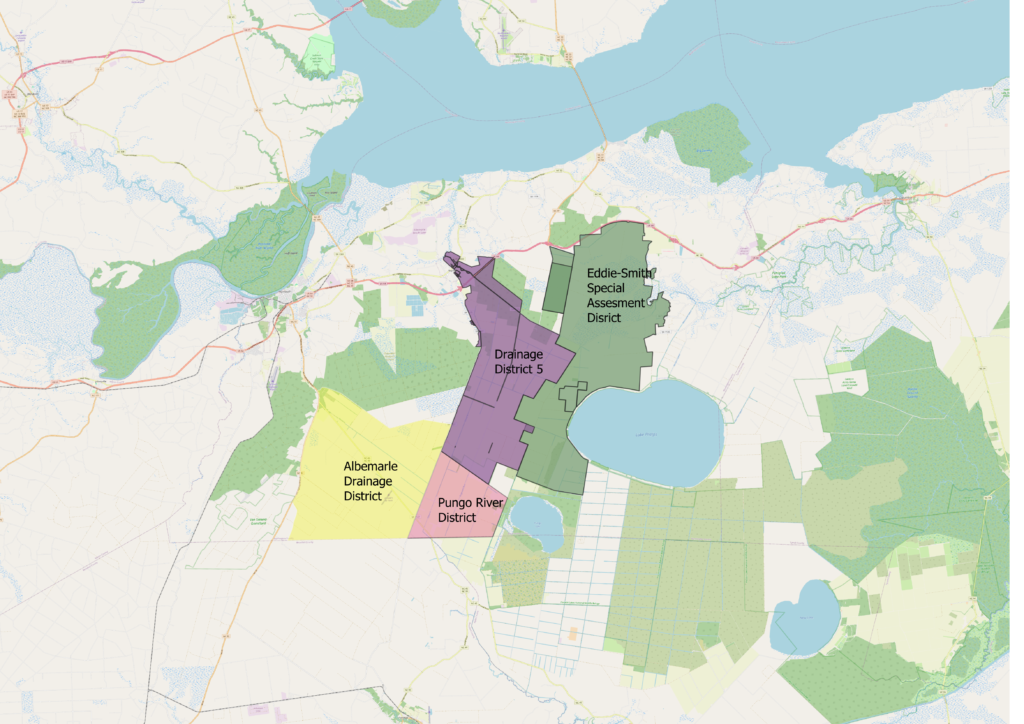Washington County Soil and Water District
District Office Location:
407 NC Hwy 32 N Roper, NC P.O. Box 218
Phone: 252-791-0108 ext. 3
Business Hours: Monday – Friday, 8:00 am to 4:30 pm
Technician: Christopher Respess
washingtonsoilandwater@gmail.com
Admin Assistant: Megan Conner
NRCS Agent: Christopher Bullock
The Next Public Soil and Water Meeting is scheduled to be held May 19, 2025 . This meeting will be held at the FSA Office located at 407 HWY 32 N Roper NC 27970 at 8:00 AM.
What We Do
The Washington County Soil & Water Conservation District has the responsibility of developing and carrying out a soil and water conservation program; a program necessary to the well-being of all people. The district works closely with the Natural Resource Conservation Service and other cooperating agencies to assist and educate landowners in proper use of the land. By providing information and technical assistance, the landowner gets the most from the land and the homeowner finds a way to solve a drainage problem around the home.
Our Mission:
To revolutionize soil and water management by delivering innovative, sustainable best management practices that enhance resilience, and improve community cooperation.
District Board
The Washington Soil & Water Conservation district’s operations are directed by a state governing board. Three members are elected officials and two are appointed by the Board and approved by the State soil & Water Conservation Commission. The Board positions are non-partisan positions. Following is a listing of our Board Members:
| Members | Position | Current/Term | |
| Gerda Rhodes | Chairman | 2022-2026 | rhodesters@rsnet.org |
| Colby Davenport | Vice Chair | 2022-2026 | powerstroke113.CD@gmail.com |
| Don Small | Appointed | 2020-2024 | abffarms@yahoo.com |
| Justin Allen | Elected | 2020-2024 | Jallen5227@gmail.com |
| David Davenport | Appointed | 2022-2026 | Davidad6814@gmail.com |
The Board establishes District programs, sets priorities for the District’s work, and approves and generally oversees the State Cost-Share Program activities. For additional information on Board activities, contact one of the members above or the District office.
North Carolina Cost Share Program
- ACSP(https://www.ncagr.gov/divisions/soil-water-conservation/programs-initiatives/ACSP)
- AGwrap(https://www.ncagr.gov/divisions/soil-water-conservation/programs-initiatives/agwrap)
- CCAP(https://www.ncagr.gov/divisions/soil-water-conservation/programs-initiatives/ccap)
- CREP(https://www.ncagr.gov/divisions/soil-water-conservation/programs-initiatives/crep)
- S.t.r.a.p(https://www.ncagr.gov/divisions/soil-water-conservation/programs-initiatives/strap)
- Animal Waste Programs(https://www.ncagr.gov/divisions/soil-water-conservation/programs-initiatives/animal-waste-management)
- Watersheds(https://www.ncagr.gov/divisions/soil-water-conservation/programs-initiatives/watershed-initiatives)
- Education Programs(https://www.ncagr.gov/divisions/soil-water-conservation/programs-initiatives/education-programs)
This is a link to ACSP, AGwrap, CCAP Application Please Print, Complete and Turn Into Soil and Water District: 407 Hwy 32 N Roper NC 27970.
Technical assistance is available free to landowners in local Soil and Water Conservation Districts throughout North Carolina. Technicians help landowners install Best Management Practices (BMPs) that will improve water quality.
https://www.ncagr.gov/divisions/soil-water-conservation
USDA Programs
The USDA Natural Resources Conservation Service (NRCS) offers landowners financial, technical and educational assistance to implement conservation practices on privately owned land. Using this help farmers, ranchers and forest landowners apply practices that reduce soil erosion, improve water quality, and enhance crop land. forest land, wetlands and wildlife habitat. The incentives offered by USDA promote sustainable agricultural and forestry practices which protect and conserve valuable farm and forest land for future generations.
The following is a list of USDA programs that assist landowners in the protection of natural resources:
- Conservation Reserve Program (CRP)
- Conservation Reserve Enhancement Program (CREP)
- Environmental Quality Incentives Program (EQIP)
- Forest Stewardship Program (FSP)
- Forestry Incentives Program (FIP)
- Small Watershed Program
- Stewardship Incentive Program (SIP)
- Wetlands Reserve Program (WRP)
- Wildlife Habitat Incentives Program (WHIP)
For more information on these programs contact your local USDA Natural Resources Conservation Service office.
North Carolina Soil & Water Conservation Commission
The pictures above represent work done with S.T.R.A.P. Areas are determined by conditions such as number of blockages, and trees that are at risk of entering the stream within the next year. These segments include the major outlets of Washington Counties water flow. The intentions are to increase flow rates and reduce flooding by utilizing State grant funds to remove vegative debris.
Drainage Districts:
The 1cent drainage tax collected is utilized to maintain the high volume flowing canals that drain a majority of Washington Counties properties. There are also 3 drainage districts located in Washington County. There is the Pungo River District, Albemarle District, and District 5 Drainage District. These Districts are mainly encumbered by AG land and help maintain the waterways within their boundaries by collecting a tax every year. The map provided below depicts the boundaries of each district.
Eddie Smith Special Assessment is not like the other 3 drainage districts. The funds for the special assessment district are collected by the county and expanded only on the main Eddie Smith Canal to maintain it. Maintenance can include mowing, vegetative debris removal, aquatic weed treatment, and replacement of water control structures entering the Eddie Smith Canal.
The difference between a special assessment district and a drainage district is the drainage districts are made up of 3 board members that delegate the funds based on feed back from land owners in that district. A quorum is formed and voted on where the funds should be prioritized. A special assessment district puts that responsibility on the county to make the decision of what should be prioritized within the special assessment district.
